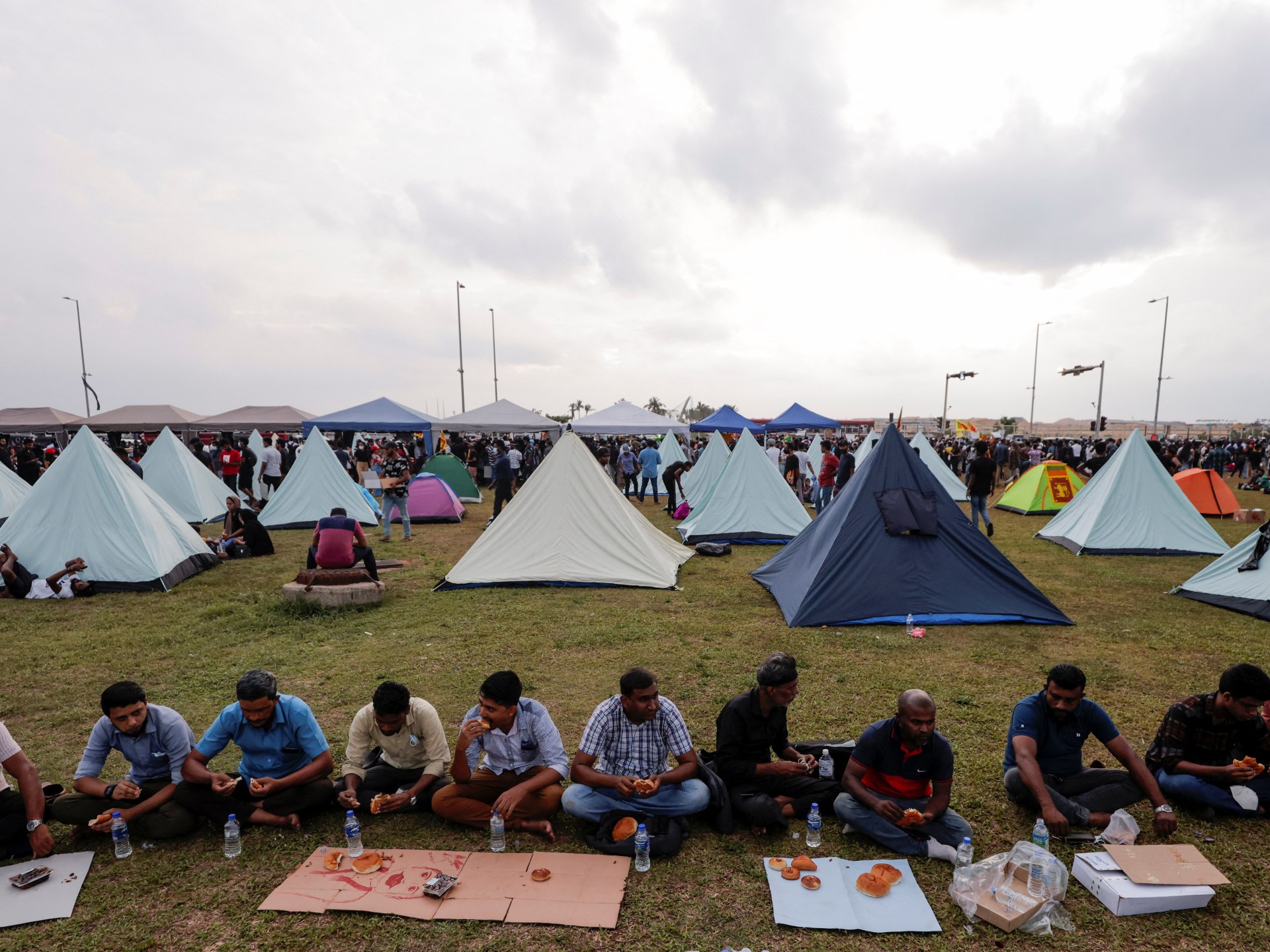" China has played a large part in their downturn. They've entered them into an unwinnable debt prison by promising infrastructure projects that were pointless and then letting the money be wasted for political corruption.
The people of Sri Lanka were sold out to China and the IMF is unwilling to bail them out as the bailout will just directly benefit Chinese creditors."
And then to add to that...
MARK ALMOND: Politicians the world over, captivated by the dream of a glorious green future, will do well to heed these dire warnings.

www.dailymail.co.uk
" The roots of this chaos can be traced to Rajapaksa’s wrong-headed thinking on farming. In his 2019 manifesto, he pledged to transform Sri Lanka into an ‘organic’ nation within a decade – reducing and eventually banning chemical fertilisers, herbicides and insecticides.
It’s a pledge that would probably win votes here, too. Who wouldn’t, in principle, want a greener future, free of nasty chemicals? But the trade-off, as Sri Lanka learnt the hard way, is food production tumbling over a cliff. For them, going green meant going hungry.
In 2020, Covid struck, hollowing out Sri Lanka’s finances and causing its vital tourism industry to grind to a halt.
Any rational government would have abandoned the pledge to hobble agriculture with eco-strictures. But Rajapaksa doubled down, announcing in April last year a total and immediate ban on fertiliser, to the outrage of Sri Lanka’s two million farmers. He was lauded by the world’s pampered eco-dignitaries at Glasgow’s Cop26 conference that November, feted as a green torch-bearer for developing nations, receiving warm praise and Covid-friendly elbow bumps in every corridor."
"
But what was spun as Rajapaksa’s green revolution was, in fact, cynical cost-cutting. With fewer tourists, Sri Lanka’s foreign cash reserves dried up. The government wasn’t prepared to use what little it had importing fertiliser. So it must have looked to Rajapaksa as a win-win: eco-credentials burnished and the treasury saving money.
There was only one problem: farmers couldn’t produce the yields they needed.
Sri Lanka feeds itself with rice. In the six months following the fertiliser ban, domestic production collapsed by 20 per cent, while prices rose 50 per cent. The tea crop was also devastated: the country’s most important export, and from which the lost revenue outweighed any savings made by not importing fertilisers.
What started as a dream that Prince Charles, with his organic Duchy estate, would surely approve of turned into a sorry mess of over-tilled soils, empty supermarket shelves and the hungry bellies of Sri Lanka’s poorest.
Selling your country as ‘organic’ appeals to visitors jetting in from Islington and Hollywood to enjoy lush scenery in five-star retreats – and assuage their guilt about flying thousands of miles. But today, the misery it inflicted on Sri Lanka’s people can be read in the smoke signals billowing from the presidential palace.
And let me be clear: this is not some abstract crisis taking place far away. Similar chaos looms in the West. In many countries, the rock of the ‘green agenda’ is meeting the hard place of economic reality. Farmers in Italy, Germany and Poland have been objecting with increasing anger to the destructive green pressure inflicted by their governments."

 timesofindia.indiatimes.com
timesofindia.indiatimes.com

 www.aljazeera.com
www.aljazeera.com

 www.ndtv.com
www.ndtv.com








